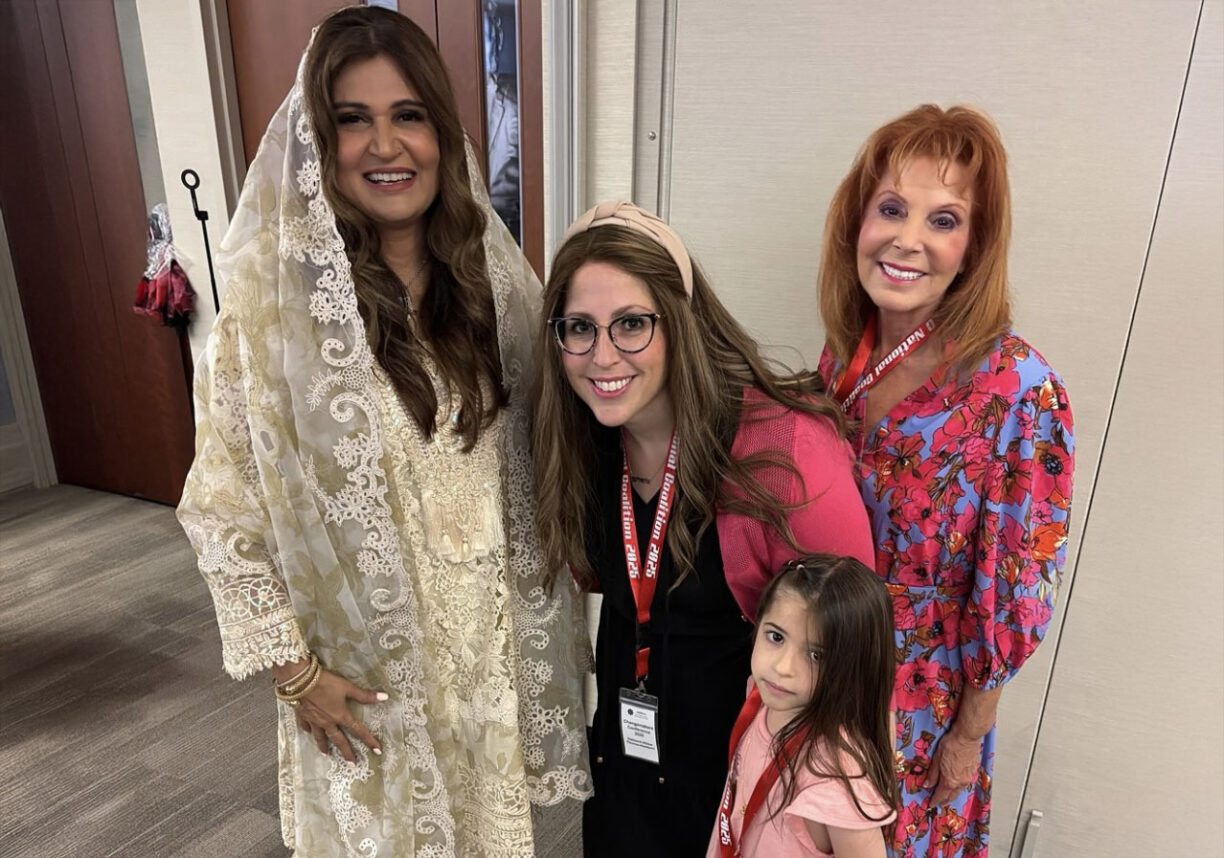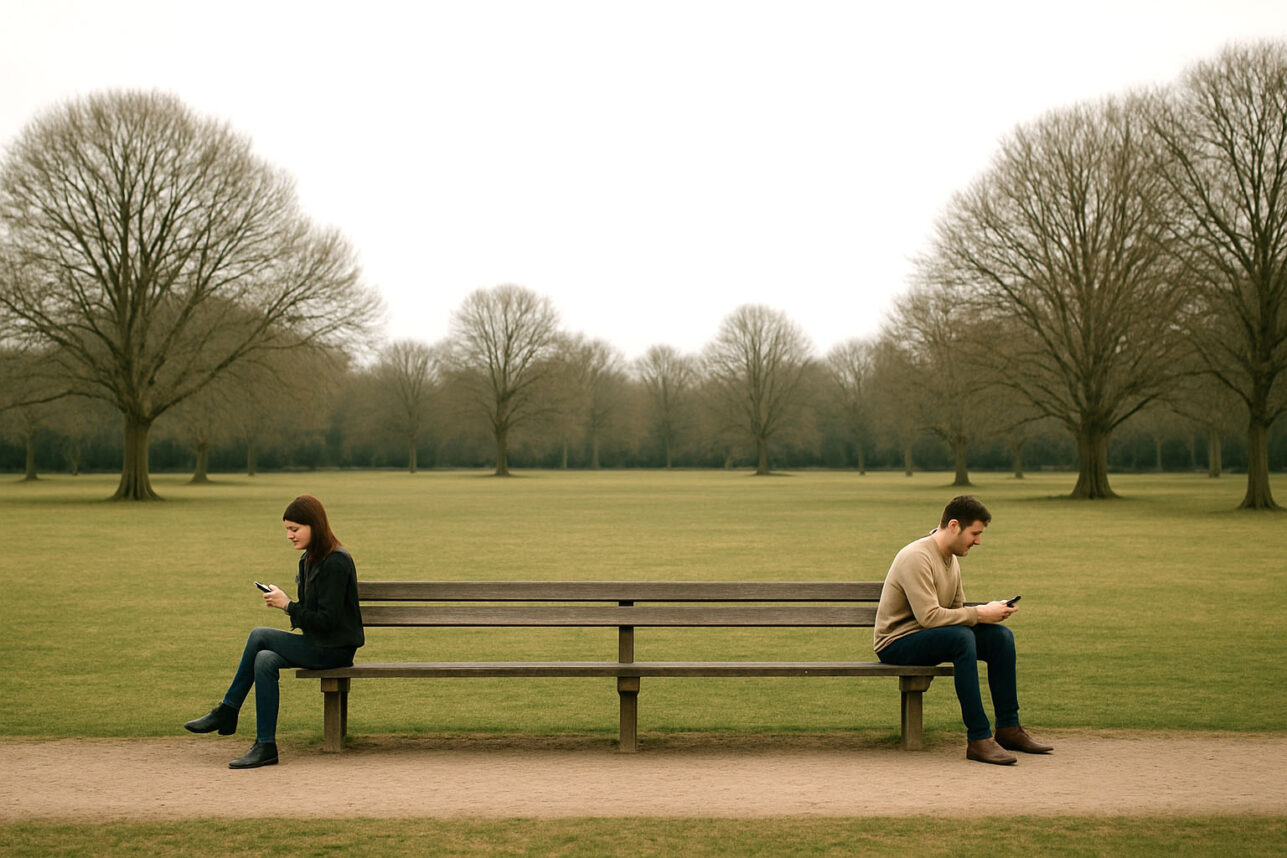
In reaction to surging anti-Semitism, some advocates are calling for non-Jews to put on kippahs and take to the streets. In May, an official in Germany who monitors anti-Semitism urged Jews not to wear kippot because of public safety concerns. In response, Bild, a German national newspaper, published a paper yarmulke on its front cover, urging its readers to cut it out and wear it in public.
“If even one person in our country cannot wear the kippah without putting themselves in danger, then the only answer must be that we all wear the kippah,” proclaimed Bild editor-in-chief Julian Reichelt.
Other activists have taken the same approach to advocating against anti-Semitic carnage in the United States. After one of many violent assaults on Orthodox Jews in New York City, editor Bari Weiss recommended fellow New Yorkers take to the streets in Jewish garb.
“If [New York City Mayor Bill de Blasio] was serious about this epidemic, he would be organizing a kippah walk through Brooklyn,” the “How to Fight Anti-Semitism” author tweeted in September.
In January, Weiss’ call was answered by Ryan Ang, a UCLA student who has been wearing a kippah for two months to understand anti-Semitism and show support for Jews. Ang is not alone; kippah walks such as those Weiss suggested have popped up in Sweden, Poland and Denmark.
But is non-Jews wearing kippahs solidarity or is it just cultural appropriation?
Often, when a person who is not part of a marginalized community takes on a minority’s cultural dress, it is viewed as offensive. In the past few years, pop stars and politicians have faced serious scrutiny when wearing Asian patterns, headdresses — even painting a portrait of Emmett Till — for committing cultural appropriation.
The outrage of cultural appropriation lies in how people from a dominant culture who adopt elements of a minority culture are lauded as stylish or edgy.
The outrage of cultural appropriation lies in how people from a dominant culture who adopt elements of a minority culture are lauded as stylish or edgy. Meanwhile, individuals who actually have historic and social ties to the tradition are discriminated against for celebrating their roots.
“Appropriation occurs when a style leads to racist generalizations or stereotypes where it originated but is deemed as high fashion, cool or funny when the privileged take it for themselves,” explained actress Amandla Stenberg in her 2015 manifesto “Don’t Cash Crop on My Cornrows,” which amplified the subject in the public ken. “Appropriation occurs when the appropriator is not aware of the deep significance of the culture they are partaking in.”
But for Ang, wearing a Jewish symbol has made him appreciate the anti-Semitism Jews face. “There have been many occasions in which I felt incredibly unsafe walking around with the kippah, but I remember that when we said, ‘never again,’ we don’t mean it as a noun, but a verb. So I keep it on,” Ang wrote in response to Weiss.
Unlike co-opting cornrows for a fashion shoot, Ang — who is Christian — wears a kippah to build empathy and visibly support a faith outside his own. But do Ang or other “kippah marchers” know any more about a yarmulke’s religious significance than an Instagram model who pins on a Native American warbonnet for Coachella?
It’s unlikely.
However, when wearing kippahs, these activists encounter the social stigma and increasing danger of being visibly Jewish — something from which many Jews are shying away.
Actively wanting to protect Jews in an age when our flesh is cheap and politicized is an act of solidarity — dress code or not.
Ariel Sobel is a screenwriter, filmmaker and activist.


































 More news and opinions than at a Shabbat dinner, right in your inbox.
More news and opinions than at a Shabbat dinner, right in your inbox.